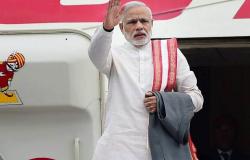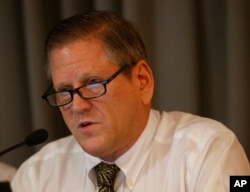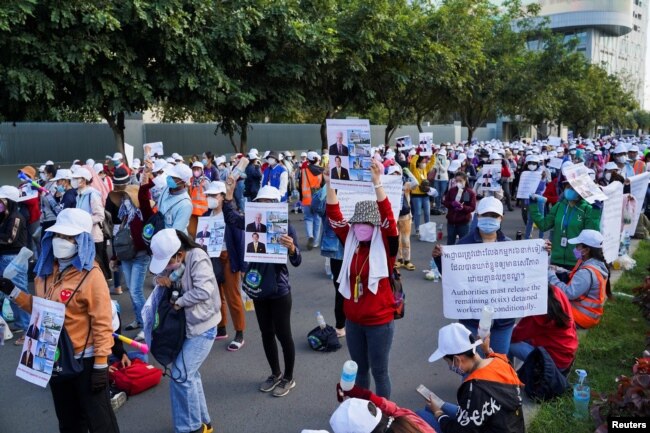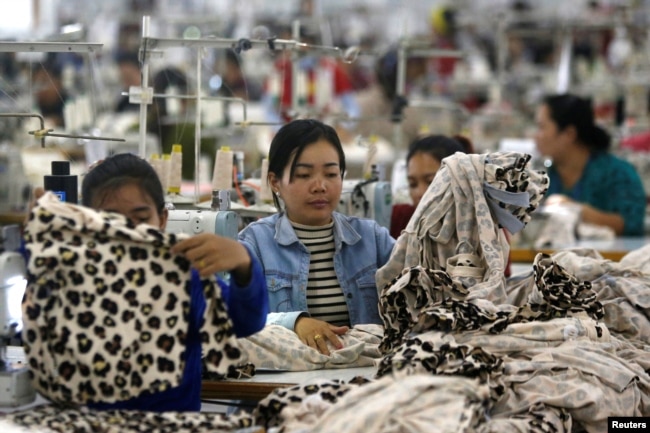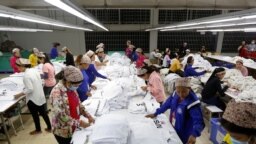Daily Telegraph UK
By James Kilner
4 Dec, 2022
/cloudfront-ap-southeast-2.images.arcpublishing.com/nzme/MWBZY277CFHOXHOE6QNAVXZNUU.jpg)
The freezing winter could be very difficult for Russia, as well as Ukraine. Photo / Getty Images
Call-up to fight in Vladimir Putin’s war means repairmen are not available for residents facing -40C freeze with broken heating.
As Moscow bombards Ukraine’s power grid, leaving millions of households without power and heating, many ordinary Russians are facing a bleak winter of their own - because central heating repairmen have been mobilised to fight on the front lines
In Astrakhan, near Russia’s remote Caspian Sea coast, residents complained on social media that maintenance workers had been sent to fight in Ukraine with an engineering unit, even though they were needed to keep the central heating running.
“We turned to the military registration and enlistment offices and officials, explaining that the heating season is coming soon and we need people, but we never received a clear answer,” one resident told the ‘We can explain’ Telegram channel.
Built by the Soviet Union, polluting city power stations produce hot water and then pump it to apartment blocks through massive pipes that thaw out the frozen ground they run over or under.
Temperatures can drop to -40C in Siberia, which means that broken heating systems can be deadly.
The Kremlin’s mobilisation order in September drafted 320,000 men into the Russian army, but three or four times that number fled abroad. This has left Russia with a shortage of labourers.
Keep up to date with the day's biggest storiesSign up to our daily curated newsletter for the day's top stories straight to your inbox.
SIGN UP
By signing up for this newsletter, you agree to NZME’s Terms of Use and Privacy Policy.
I’m not interested in Top News Stories newsletter. Please don’t show me this again.
A survey by the Gaidar Institute in Moscow said that a third of Russia’s industries are now short of workers. Plans have been made to draft in extra workers from Central Asia to plug the shortfall, but until then many households will face freezing temperatures.
It comes as Russia has inflicted “colossal” damage to Ukraine’s power grid, said officials, causing rolling blackouts that could last until March.
An estimated 70 per cent of Ukraine’s power-generating capacity has been destroyed, the World Health Organization has said, with 10 million people in Ukraine living without power.
To conserve energy, Ukrainian authorities have asked relatively wealthy people to travel to Europe. They have also set up thousands of tents in cities with generators for people to charge their mobile phones, warm up and eat a hot meal.
/cloudfront-ap-southeast-2.images.arcpublishing.com/nzme/H6YP4QIM3RAEJADKWF2FJ4WZVA.jpg)
/cloudfront-ap-southeast-2.images.arcpublishing.com/nzme/AZJSBSRIU5EPFAN3DBMEWCA37Y.jpg)
/cloudfront-ap-southeast-2.images.arcpublishing.com/nzme/UYYRDGRHMVDVRGVWE4QBMFULFI.jpg)

